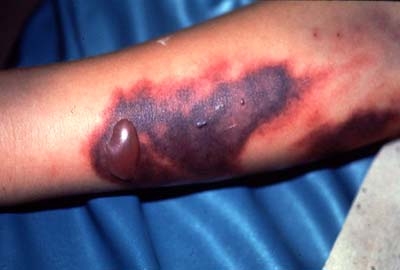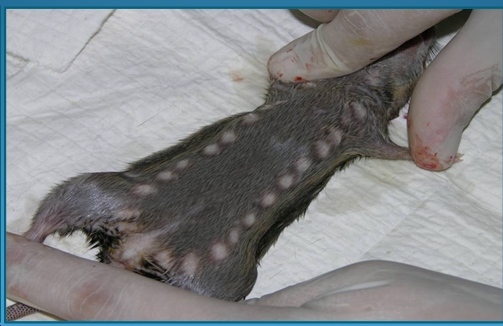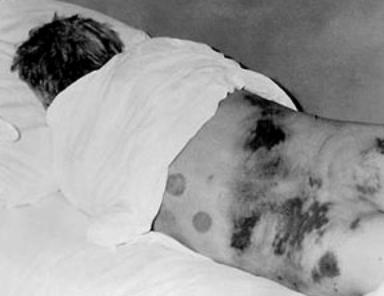
WHAT EXACTLY IS LASSA FEVER
According to WHO, “Lassa fever is an … haemorrhagic illness caused by Lassa virus … It is transmitted to humans from contacts with food or household items contaminated with rodent excreta. The disease is endemic in the rodent population in parts of West Africa.”
ORIGIN
The Virus was discovered in 1969 and named after a town in Nigeria (where it was found). It has since been reported in Sierra Leone, Guinea and Liberia. Unfortunately, 80% of the people who contract the virus show no symptoms and the fatality rate is about 50%.
TRANSMISSION
The virus is mostly transmitted by rodents and can be contracted by humans through contact with the rodents. It can also be transmitted if particles of excrement by rodents are inhaled. Humans can also spread the virus to other humans by coming into contact with virus in the blood, tissue, secretions, or excretions of a person infected with virus.
SYMPTOMS
Occurs about 1-3 weeks after being exposed to the virus; the symptoms range could be:
- Pain behind the chest wall,
- sore throat,
- back pain,
- cough,
- abdominal pain,
- vomiting, diarrhea,
- conjunctivitis,
- facial swelling,
- proteinuria (protein in the urine), and
- mucosal bleeding.
- There have also been neurological problems reported including hearing loss, tremors, and encephalitis (inflammation of the brain).
IF YOU DO RECOVER?
You could go deaf! In about one-third of cases reported, various degrees of deafness occurred and in many cases hearing loss is permanent. It could also cause spontaneous abortion.
TREATMENT
Ribavirin, an antiviral drug, has been successful in the treatment those infected with Lassa Fever. It has been shown to be most effective when given early in the course of the illness. .
WHO COULD CONTRACT THE VIRUS?
If you live or visit areas where rodents infected with Lassa virus or are exposed to infected humans, you are at risk. . Hospital staff are not at great risk for infection as long as protective measures are taken.
PREVENTION
Initial transmission of the Lassa virus from its host to humans can be prevented by staying far away from the rodents, especially where outbreaks have been reported. Keeping your home clean to discourage rodents from entering and setting traps in and around your home can highly reduce your chances of contracting the virus.
….and for those of us who like Bush Meat, using these rodents as a food source is highly discouraged.
So, if you see a rodent,






